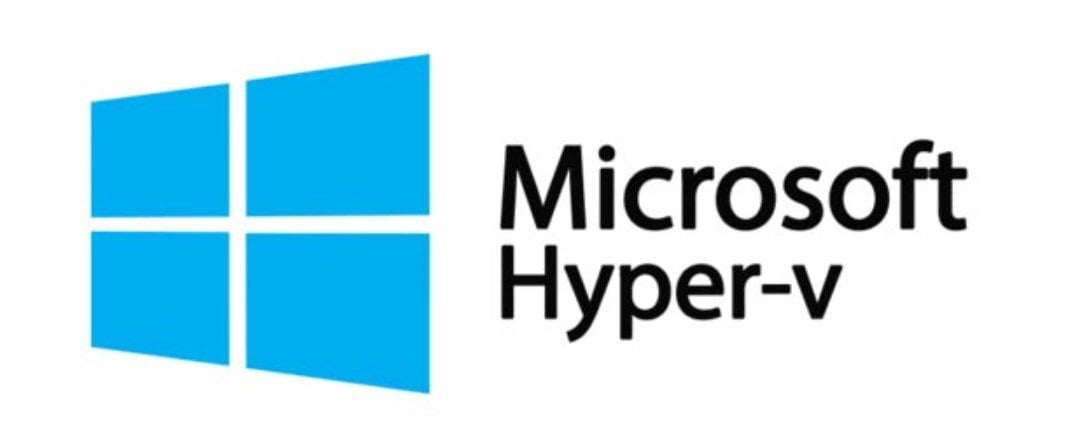- Local time
- 8:41 AM
- Posts
- 1,776
- OS
- Windows 11
When a retail version first activates, it IS a digital license. The product key is simply the method used to obtain the digital license. When you use a credit card to purchase a ticket for a movie, it is the ticket that gets you past the ticket taker, not your credit card. When a retail Windows 10 or 11 activates, it is the digital license that activates it, not the product key - the product key is simply a method of obtaining the digital license.@cereberus I totally agree with what you are saying...with digital licenses. But please explain a few things to me. On a custom build machine, to be legal, one has to purchase a version of windows. Is this not correct? In this case, the OP already had a retail copy he wanted to use. When a retail version first activates, it is not a digital license. Once the machine upgrades from 10 to 11, it does become a digital license.
Are both you and @NavyLCDR saying I can buy a batch of used computers and not have any idea what OS they came with, install 10 Pro on them with a local account and use the generic key to activate them. I could then sell them and all that be legal? Sorry, I don't get it. If that's not piracy, I don't know what is and moral code has nothing to do with it.
If the above scenario doesn't fit what you both are saying, let's say I use the generic key and set all these computers up using my MS account. (I can have 10 devices activated at once and my main machine has Pro on it), I then make a second user as local account and delete my MS account, remove them from my list of devices with MS. and then sell them. They would still be activated. It would still be illegal. Clarify this for me, please.
If I purchase a used computer, and I install Windows 10 or 11 on it, and it activates with the generic product key, I have no way of knowing where the digital license THAT MICROSOFT IS PROVIDING for that computer is coming from. The key words are highlighted. It is MICROSOFT that is activating it, I am not doing anything to circumvent any type of activation scenarios. Therefore, since MICROSOFT is providing the activation, I do not see how I could be legally obligated to determine exactly why MICROSOFT is activating it.
By your same piracy theory: 1. I remove my product key from a custom built computer. 2. I use my product key on a new custom built computer. 3. I know that the previous custom built computer has a digital license assigned to it and that it will activate with a generic product key. 4. According to the piracy theory, if I sell that computer to someone else, am I not knowingly transferring a digital license for Windows 10/11 with that computer and, thus, engaging in piracy? Especially since I am now possibly making a profit from the sale of the computer that I know has a digital license for Windows 10/11 accessible with it?
Microsoft Accounts have nothing to do with this because the digital licenses are not stored in the Microsoft Account. The digital licenses are stored on Microsoft's activation servers, and only a link is established to the digital license whenever ANYONE signs onto ANY computer that has a digital license with a Microsoft Account.
In regards to building a new computer and keeping the old computer - Microsoft clearly is not concerned about where digital licenses for Windows 10/11 came from, nor who is using the digital license, so without redesigning their entire digital licensing process they have pretty much removed any capability they have of enforcing the EULA. It is entirely a matter of conscience on the part of the user. Also, the term "illegal" also does not apply, in most cases unless it can be proven that the "pirate" is making a profit. Simply violating a EULA does not constitute a crime, and in nearly all cases not involving making a profit is purely a civil matter.
My Computers
System One System Two
-
- OS
- Windows 11
- Computer type
- PC/Desktop
- Manufacturer/Model
- Homebuilt
- CPU
- AMD Ryzen 7 3800XT
- Motherboard
- ASUS ROG Crosshair VII Hero (WiFi)
- Memory
- 32GB
- Graphics Card(s)
- EVGA GeForce GTX 1080 Ti
-
- Operating System
- Windows 11 Education
- Computer type
- Laptop
- Manufacturer/Model
- Dell Inspiron 7773
- CPU
- Intel i7-8550U
- Memory
- 32GB
- Graphics card(s)
- Nvidia Geforce MX150
- Sound Card
- Realtek
- Monitor(s) Displays
- 17"
- Screen Resolution
- 1920 x 1080
- Hard Drives
- Toshiba 512GB NVMe SSD
SK Hynix 512GB SATA SSD
- Internet Speed
- Fast!







